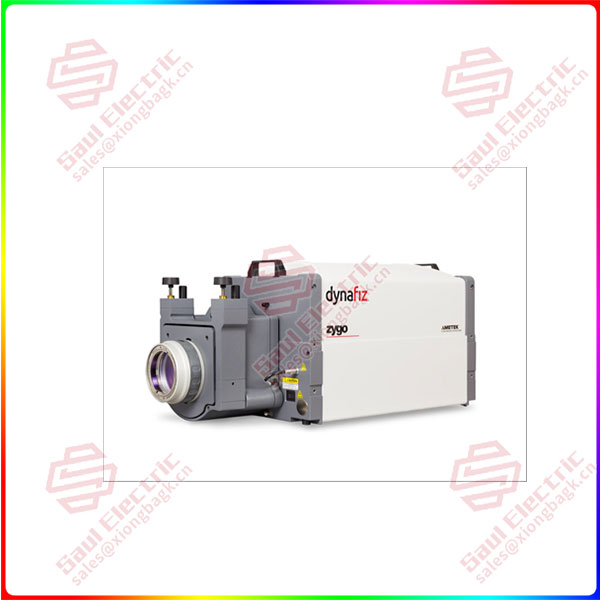Reinventing manufacturing and drawing the industrial blueprint of the future
With the acceleration of the digitization process in the industrial field, underlying technologies such as artificial intelligence and industrial Internet are comprehensively reshaping the industrial production system and promoting the establishment of new production factors, research and development paradigms and business models. This process not only subverts the original manufacturing system, but also affects all subsectors of the industry and every link of the industrial chain and value chain, and promotes the future industry to be more open, efficient and resilient, sustainable and people-oriented:
Open: In the current field of industrial automation, the closed automation system with strong hardware and software bundles still has poor compatibility and lack of interoperability, which prevents enterprises from seizing the development opportunities of upgrading and iteration to enjoy digital dividends. Future industrial automation systems will place more emphasis on openness, interoperability and portability. With a unified standard of open automation systems and an increasingly open ecosystem, any player can create interoperable solutions, foster collaboration and co-innovation, and jointly drive positive and lasting change in the industry.
Efficiency and toughness: Efficient production is inseparable from efficient operations. In the future, the smart factory will continuously improve efficiency and operational resilience through the digitization of management, the electrification of process operations, and the integration of supply chains, making it more robust, agile, efficient and energy-saving, and calmly coping with the challenges brought by various uncertain factors from upstream and downstream.

8070-0278-01
Sustainability: A study by international data company IDC shows that the strength of industrial enterprises in the market competitiveness is decisively related to factors such as how much they invest in sustainable development strategies and how much they promote digital transformation. Schneider Electric believes that industrial software, automation systems and energy management are indispensable for sustainable industrial development. With digital and simulation software, companies can visually manage process performance, power, water, and materials to optimize manufacturing processes, improve operational efficiency, and achieve intelligent energy management and near-zero waste.
People-oriented: The “Manufacturing Talent Development Planning Guide” issued by the Ministry of Human Resources and Social Security and the Ministry of Industry and Information Technology shows that with China’s industrial upgrading and the development of the digital economy, by 2025, the talent gap in key areas of China’s manufacturing industry will be close to 30 million. Emerging technologies such as digital twins and operator training simulation software are empowering industrial workers. As “digital natives,” they will move away from repetitive operations to safer, more productive, and more valuable work, build more dynamic and forward-looking operating models, and achieve business goals more easily and with more value.
 1 Year Warranty
1 Year Warranty





